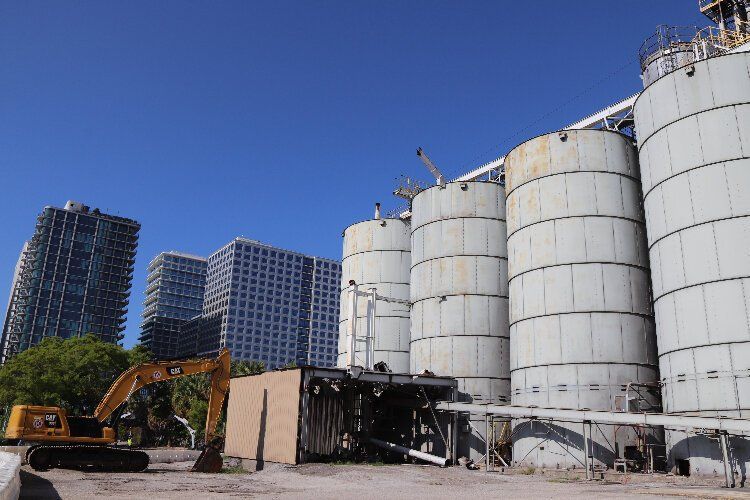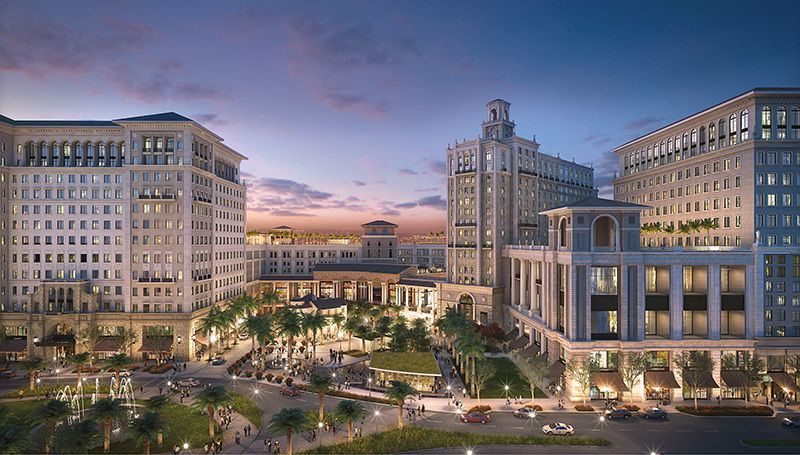Servicios de Seguridad para Edificios Gubernamentales en Miami
Protegiendo Edificios Gubernamentales Locales con Seguridad Profesional
Introducción
Los edificios gubernamentales, como el Ayuntamiento de Miami, los juzgados del condado de Miami-Dade, las oficinas de registros públicos y los centros administrativos, son esenciales para la comunidad. Estas instalaciones manejan información sensible y operan servicios clave, lo que las convierte en objetivos de acceso no autorizado, vandalismo, disturbios y amenazas de seguridad.
Para garantizar la seguridad de los empleados y visitantes, es fundamental contar con servicios de seguridad profesional. Si buscas protección confiable para edificios gubernamentales en Miami y el condado de Miami-Dade, aquí te mostramos cómo All American Security Services puede ayudarte.
1. ¿Por qué los Edificios del Gobierno en Miami Necesitan Seguridad?
a) Control de Acceso y Protección Contra Intrusos
Las oficinas gubernamentales deben restringir la entrada a personal autorizado. La seguridad en el Ayuntamiento de Miami, las oficinas del condado y los tribunales evita que personas no autorizadas ingresen a áreas restringidas.
b) Protección para Juzgados y Oficinas Legales
Los tribunales, como la Corte del Condado de Miami-Dade, manejan casos de alto perfil. Los servicios de seguridad incluyen detectores de metales, vigilancia y personal de seguridad armado.
c) Respuesta a Emergencias en Edificios Públicos
Las emergencias, como incendios o evacuaciones en edificios gubernamentales, requieren protocolos de seguridad y personal capacitado para garantizar la protección de empleados y ciudadanos.
d) Prevención de Vandalismo y Daños a la Propiedad
Edificios como el Centro de Gobierno Stephen P. Clark y las oficinas municipales pueden ser blanco de vandalismo. Guardias de seguridad y sistemas de videovigilancia 24/7 ayudan a evitar incidentes.
2. Servicios de Seguridad Clave para Edificios Gubernamentales en Miami
a) Guardias de Seguridad para Edificios Públicos
Los guardias de seguridad armados y desarmados protegen edificios como el Ayuntamiento de Miami, oficinas administrativas y centros de servicio al ciudadano.
b) Control de Acceso y Verificación de Identidad
Los servicios incluyen tarjetas de identificación, escaneo biométrico y detectores de metales en edificios del gobierno.
c) Videovigilancia y Monitoreo 24/7
Las cámaras de seguridad en tribunales, edificios administrativos y oficinas municipales ayudan a prevenir amenazas y mantener la seguridad.
d) Seguridad en Eventos y Reuniones Municipales
Las reuniones en el Ayuntamiento de Miami y los eventos públicos en edificios del condado requieren seguridad para evitar disturbios.
e) Patrullaje y Vigilancia en Edificios del Gobierno
Las patrullas en estacionamientos de oficinas gubernamentales, juzgados y centros administrativos previenen delitos y garantizan la seguridad.
3. ¿Por Qué Elegir All American Security Services en Miami?
Si buscas seguridad confiable para edificios del gobierno en Miami, All American Security Services ofrece:
✔
Guardias de seguridad certificados y capacitados
✔
Monitoreo y respuesta ante emergencias 24/7
✔
Sistemas avanzados de videovigilancia y control de acceso
✔
Planes de seguridad personalizados para edificios municipales y del condado
Conclusión
Desde el Ayuntamiento de Miami hasta los tribunales del condado de Miami-Dade, la seguridad es una prioridad. Si eres responsable de la protección de edificios gubernamentales en Miami, contacta a All American Security Services para garantizar la seguridad de empleados, visitantes y bienes públicos.
🔹 ¿Necesitas seguridad para un edificio del gobierno en Miami? ¡Contáctanos hoy mismo!










